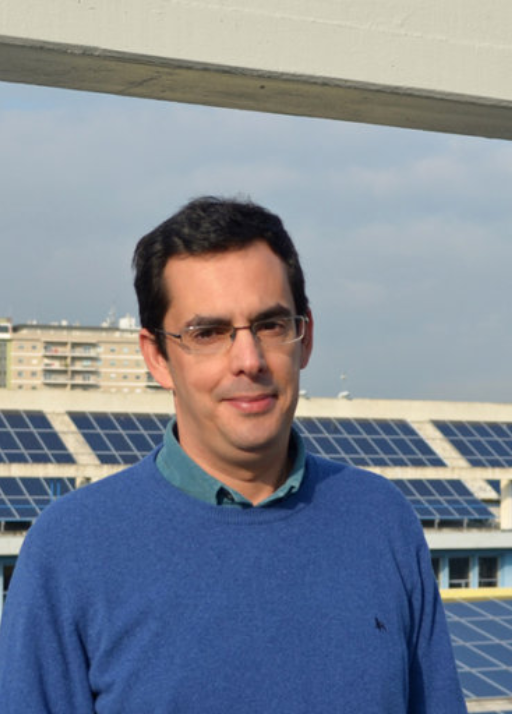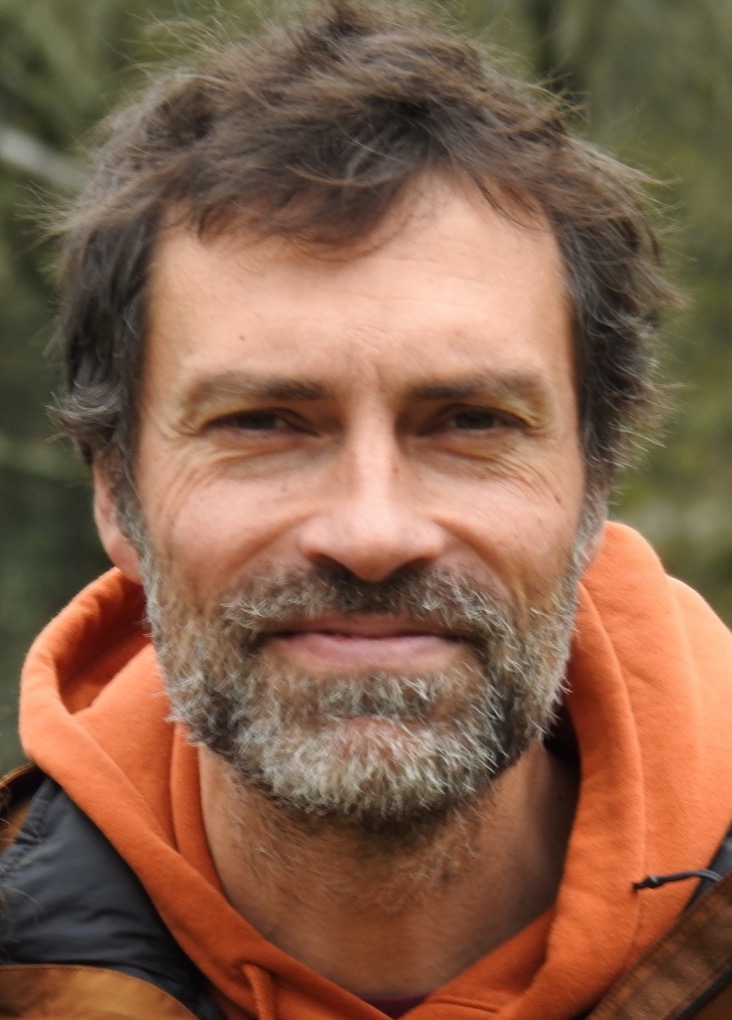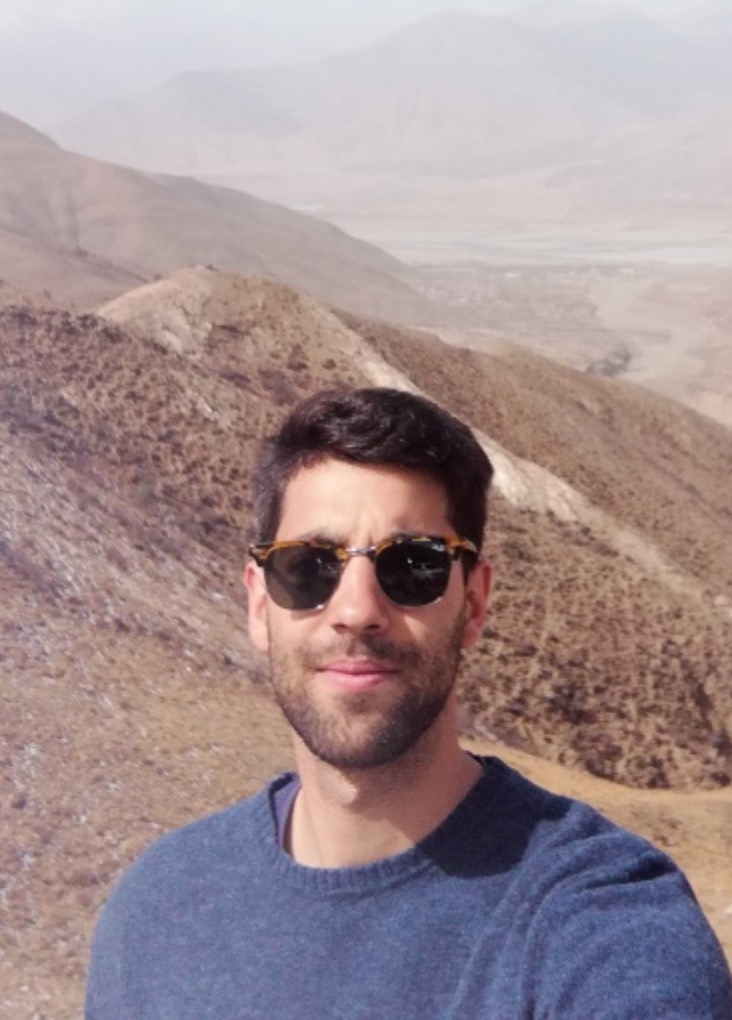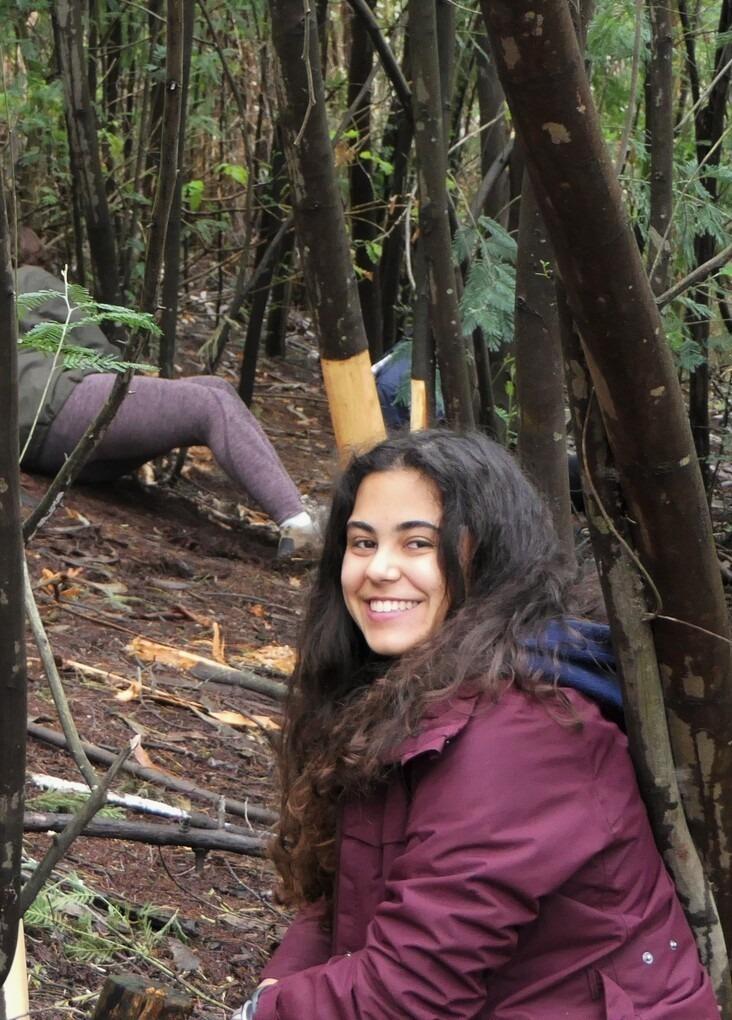Our mission is to create knowledge focused on the ecology of urban, energy and transportation infrastructure through the lens of biodiversity, ecosystem functions and services.
This mission is driven by the steely increase of anthropic infrastructure, which raised populations’ living standards but caused widespread impacts on nature and human well-being. Consequently, society has been recognising that ecosystem services are critical to supporting human well-being under the effects of global change and over the long-term.
Including researchers on plant and animal biology, planning, and geography, and encompassing both terrestrial and freshwater habitats, our general aim is to provide the tools for a sustainable development within the planetary boundaries. The group objectives are focused on:
- Understanding the effects of urban development and spread of energy and transport infrastructure on biodiversity, ecosystem functions and services from local to global scales;
- Developing practical tools and new generation indicators for the effects of those drivers, to proactively and together with stakeholders, tackle its negative outcomes;
- Contribute, along with stakeholders, to the planning and the mitigation of negative impacts of cities, transport and energy infrastructure.
This will be done by:
- Focusing on large-scale gradients (e.g. representative of continental areas) and considering multi-taxa, genetic and earth observation tools;
- Developing a unified approach to understanding the impacts of habitat fragmentation on nature to encompass urban, energy and transport infrastructure by including landscape ecology tools, terrestrial and freshwater habitats and increasing the spatial resolution of the approach;
- Quantifying how biodiversity, measured with taxonomic, trait-based & functional, and genetic lenses, can be part of nature-based solutions and provide ecosystem services to enhance human-dominated landscapes’ permeability to biodiversity.
urbanE Team

![/uploads/subcanais2/banners-novo-site-ce3c-21[1].png /uploads/subcanais2/banners-novo-site-ce3c-21[1].png](/uploads/subcanais2/banners-novo-site-ce3c-21[1].png)










